Wait! We know what to do with your precious Texas photos and papers
Welcome back to “Think, Texas,” your free weekly digital newsletter about all things Texas past.
I'm betting there's a box, or two, or 12, out in the garage.
They contain your precious photos and papers. Memories of a lifetime. Evidence of your family's history.
You know very well that those pieces of the past should be organized, cleaned, preserved, reboxed, perhaps digitized, or at least, brought inside.
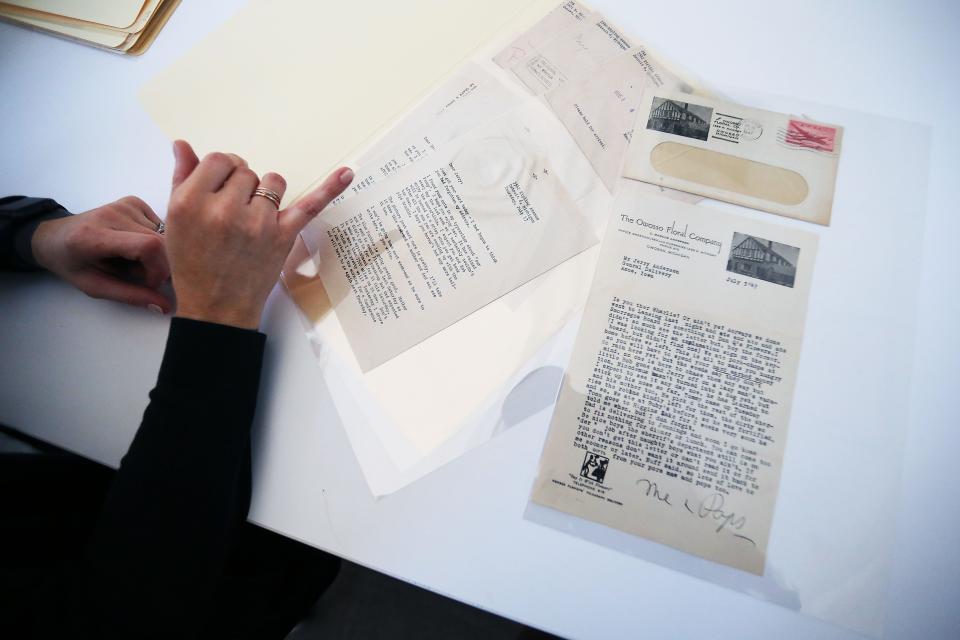
In today's "Think, Texas" column, I talk to an expert who shares tips on how to treat your personal archives.
Brooke Lake's new company, Monocurate, can do a lot of it for you, depending on the job and the rates.
Now this is historical news you can use.
Miss a column? Go to our column archives.
Miss a newsletter? Go to our newsletter archives.
Sign up: To get the free Think, Texas weekly digital newsletter, go to the American-Statesman newsletter page, or that of your hometown USA Today newspaper in Texas.
THE COLUMN
Texas expert shares tips on preserving your family's personal papers and photos
Context.
That's the critical factor to consider when preserving, cleaning, organizing and digitizing your personal papers and photos, according to archival expert Brooke Lake.
"If you've got a photo, don't put it into a scrapbook," Lake, 37, says. "Scrapbooks are terrible. Please don't scrapbook. Tape is bad. Glue is bad.
"Turn the object over and put the crucial context on the back in pencil. Not ink, which bleeds. Date. Place. Names of people."
As simple as that.
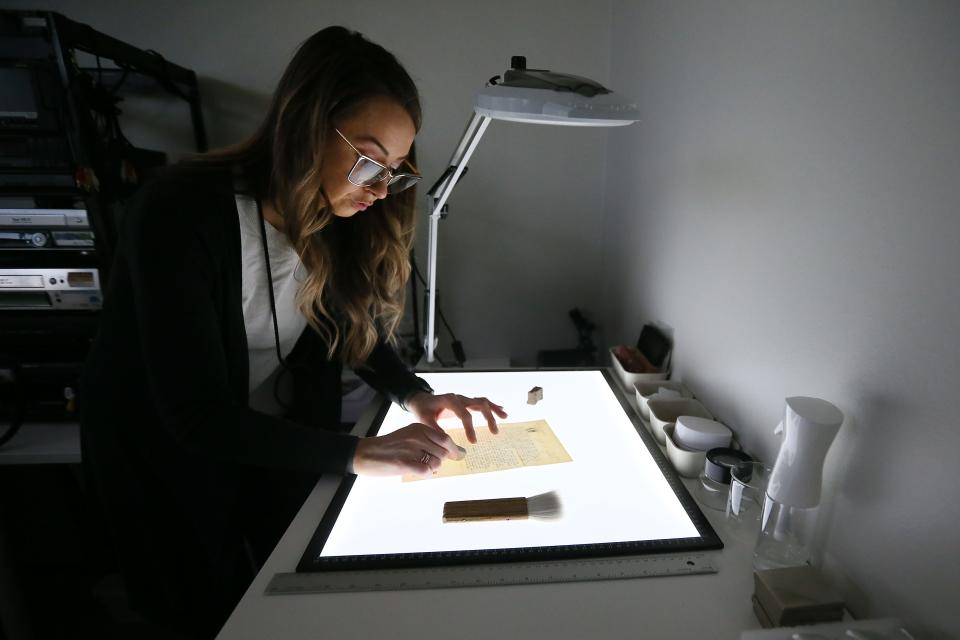
Lake, who founded Austin personal archiving company Monocurate in 2021, generously shares tips that everyone seeking to protect a personal legacy could use.
"Store your papers and photos inside, preferably in an interior closet," she says. "Away from exterior windows, doors — and any light!"
Light, after all, is among the worst decomposing threats to any precious thing on paper.
Don't throw things out just because you can't figure out who would be interested in them.
"There will always be somebody," Lake says. "Even if it is just one person."
Lake uses her domestic experience with fragile objects as an example.
"I have three kids," she says. "I've been collecting all these art projects for years. What's the point if they are sitting in a box in the garage?" READ MORE
THE PODCAST
On the latest episode of "Austin Found" podcast, J.B. Hager and I chat about the land, love, work, family and loss that led to iconic Salt Lick barbecue in Driftwood, Texas.
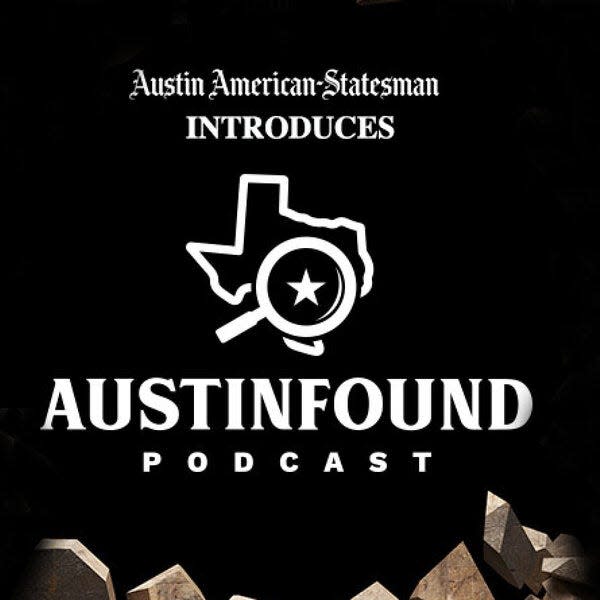
HOMETOWN HISTORY
· From Abilene: Jay Moore's WW2 talk leaves audience in awe
· From Amarillo: Casting light on Amarillo's Black pioneers
· From Austin: An Austin real estate mystery: Who bought the Pease Park?
· From McAllen: A look into the past tells us of our future
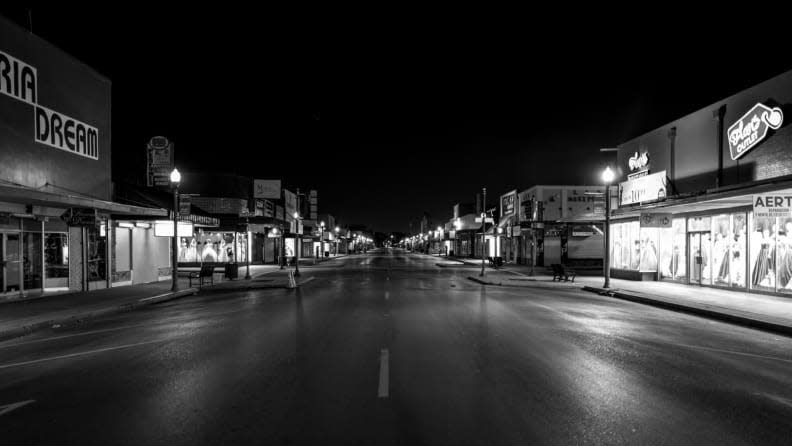
· From Corpus Christi: Deep roots in the Corpus Christi area
· From El Paso: Hotel owner was pioneer woman
· From Lubbock: Hard life of pioneer family turns into success story
· From San Angelo: Post offices formed first American network
· From Wichita Falls: Pioneering local restaurant brothers
FUN TEXAS FACT
In 1969, Houston scored a futuristic new airport
On June 8, 1969, Houston Intercontinental Airport officially began operations. As of 12:01 that morning, it replaced Hobby Airport, which ceased commercial flights. Hobby was reopened to commercial traffic a couple of years later.
Some 80,000 visitors attended the opening ceremonies. The new airport had its origins in 1957, when the Civil Aeronautics Administration recommended that the city of Houston replace the overloaded Hobby Airport.
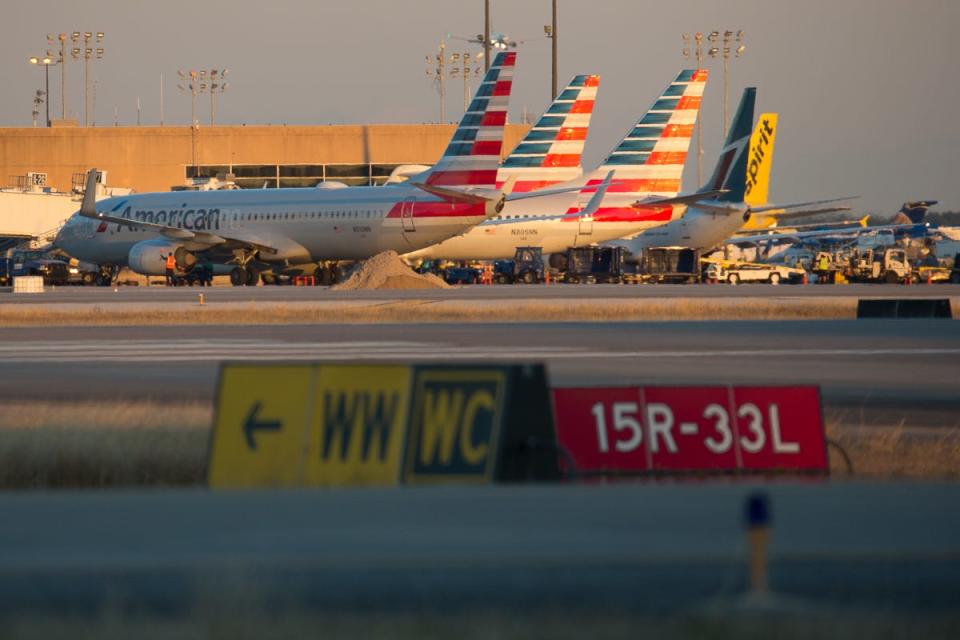
By 1963 planning for a $125 million facility, on Houston's north side, was under way. The new airport opened only after a succession of eight projected opening dates.
By 1972 it was apparent that IAH needed many changes. The terminals were not adequate, the runways needed strengthening, the terminal people-carrying systems were in need of major repair, and the parking space was far too small.
A third terminal was completed in the early 1980s. Plans for a fourth were scrapped in favor of a $95 million international facility, which opened in 1990. In acres, Houston Intercontinental — renamed George Bush Intercontinental Airport in 1997 — is Texas's second largest airport, behind Dallas-Fort Worth.
(Texas Day by Day / Texas State Historical Association) READ MORE
TEXAS TITLES
I recommend: "God Save Texas: A Journey Into the Soul of the Lone Star State" by Lawrence Wright
Journalist, novelist, playwright and screenwriter Lawrence Wright was the right person to take on this monumental task: Analyze Texas culture, especially modern political culture. It started when his editor at The New Yorker asked him to explain Texas. You try that. Not as easy as it sounds. READ MORE ON TEXAS TITLES
Thanks for reading,
Michael Barnes, Columnist
Email: mbarnes@statesman.com
Twitter: twitter.com/outandabout
This article originally appeared on Austin American-Statesman: Wait! We know what to do with your precious Texas photos and papers

